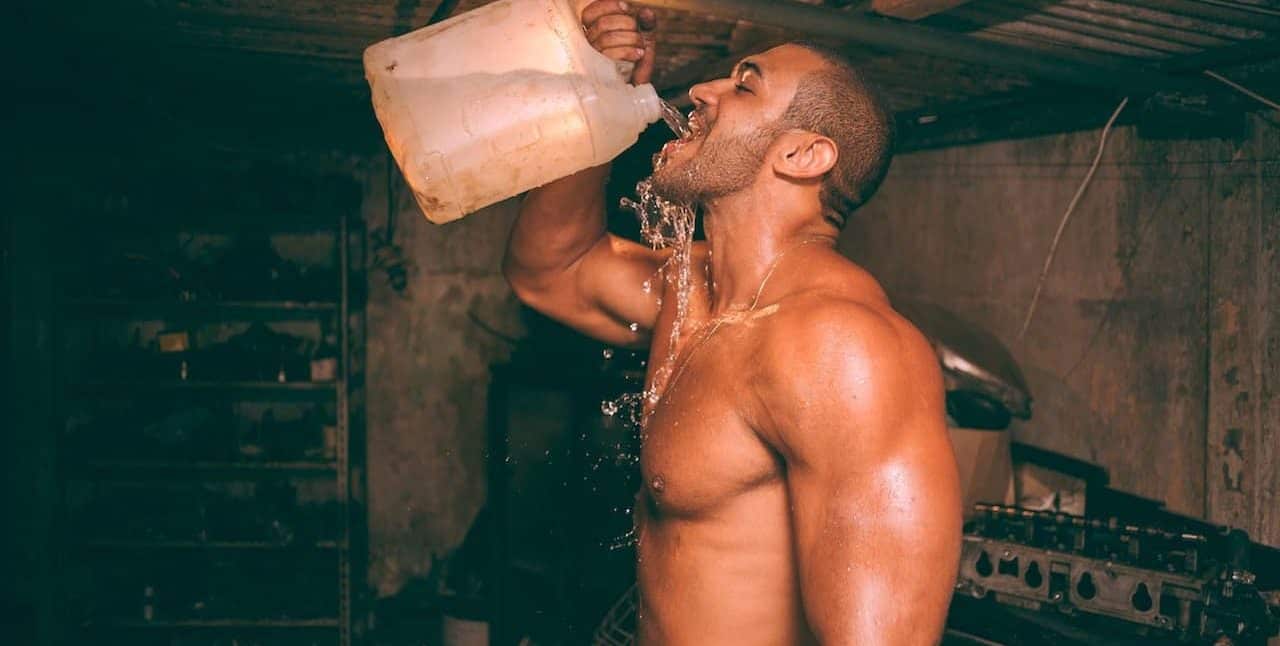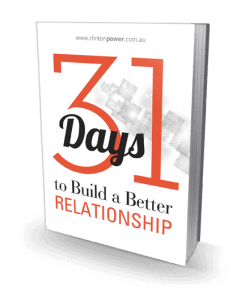The Top Ten Gay Relationship Myths (Part 2)
Visit Top 10 Gay Relationship Myths – Part 1 if you missed the first 5 relationship myths.
MYTH # 6: MY CHILDHOOD WON’T AFFECT MY RELATIONSHIP
Some people believe that whatever childhood they had has no bearing on the relationships they form in adulthood.
Nothing could be further from the truth. It is impossible not to bring the influences of your childhood into your relationship. It is in childhood that we develop a ‘blueprint’ for relating. We learn and internalize what we perceive love and how it is expressed. This then plays out in our adult relationships.
This is especially relevant for gay people as they have grown up as part of a minority. Growing up gay in a straight world often means that you have had to hide your sexuality or attraction to the same sex to avoid embarrassment, humiliation, or shame.
It is common that some of this buried shame is brought into the relationship and plays out with your partner. You may struggle to be intimate with another and have difficulty reaching out and using your relationship as a haven for connection.
MYTH # 7: A GREAT RELATIONSHIP MEANS WE HAVE NO UNRESOLVED ISSUES
Interestingly, research says that over 80% of all issues that couples have never get resolved. When you consider this statistic, it puts into perspective all the time and energy you may have put into trying to resolve issues that never shift. You may also recognise that you have expended much energy trying to change your partner!
Often, I think the question is not how you deal with difference, but what are your differences in dealing. When you look at how you go about working with differences in your relationship, then new possibilities for change and relating can emerge.
MYTH # 8: SEX HAS NOTHING TO DO WITH A GOOD RELATIONSHIP
Sex has everything to do with a good relationship!
I think of sex as the melting pot of all the relationship issues. If you are distancing from each other, living parallel lives and working hard with no time to invest in the relationship, it makes sense that the last thing you would want is to connect sexually.
If you struggle to be open and vulnerable with your partner and express your needs and longings, then it is very unlikely that you will be open and vulnerable in sex.
This is often a big issue for gay men, particularly when negotiating arrangements of monogamy or non-monogamy. I encourage gay couples I work with to be very open and transparent with each other so they are absolutely clear on what sexual arrangements they have.
In my clinical experience, most problems arise due to a lack of communication or assumptions being made about the other or agreements that have been made.
The research says that while gay couples can often be more open and flexible in their monogamy or non-monogamy, they are still very vulnerable to jealousy and hurt when agreements are broken or lies are told.
Have a look at what is happening between you in the way you connect and relate, and then see how that connects to your sexual life. It may be an illuminating experience.
MYTH # 9: THE RELATIONSHIP WON’T IMPROVE UNTIL MY PARTNER DOES
Most couples come into couples therapy thinking that it is their partner that is the problem and that the partner needs to change. This attitude will keep you stuck and unable to improve or deepen your relationship.
Rather than focusing on your partner, think about how you can change. What do you aspire to be at the worst of times or when you are not feeling your best? How do you want to be in the face of your partner not being his or her best?
A principle of systems theory is that when one element in a system changes, the whole system is affected. This means when you change yourself, the relationship changes.
MYTH # 10: MY PARTNER SHOULD LOVE ME UNCONDITIONALLY AT ALL TIMES
Again, I think this myth is related to the symbiotic nature of romantic love. Like a baby who bonds with its mother and feels like one, we sometimes think that one person should be everything to us and meet all our needs.
In the distant past, we had a whole village of people to connect with and meet our needs. Often today, we expect one person to meet all our needs, love us, and accept us unconditionally.
When you know this belief, ask yourself, what do I need to give myself? How can I love myself more in this moment? What other relationships in my life can I go to and have this need met?
Are you a gay, bisexual, or lesbian person who is struggling with your life or relationships?
If so, contact Sydney Gay Counselling at (02) 8968 9323 or book an appointment online today to find out how we can help.

